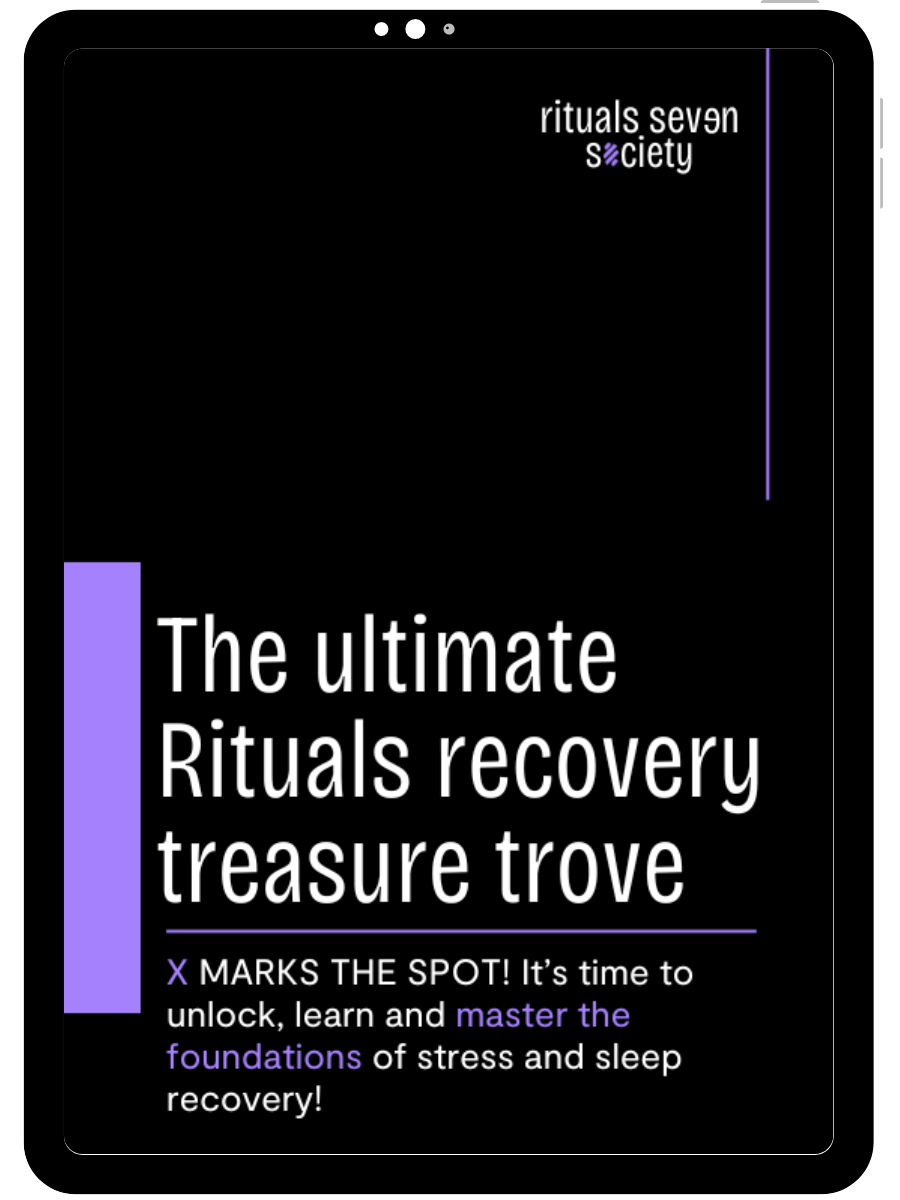IS THIS REALLY HOW WE TREAT OUR SPORTING CHAMPIONS?
Elite athletes have been negatively impacted stress and diminished sleep quality. With the hard focus on green sustainability over elite athletic recovery and optimal conditions, this years Oly’s have raised serious concerns about the conditions provided for our worlds greatest athletes.
From subpar sleeping arrangements to inadequate nutrition and transportation, the environment within the athlete’s village left many top performing athletes fairly unhappy (and reasonably so)!
As a stress and sleep recovery coach, I’ve had the privilege of working with top Australian athletes in bodybuilding and dance. Their unwavering dedication and resilience are f*ckn inspiring.
However, the reports emerging from Paris paint a distressing picture of the challenges our athletes face.
Sleep: A necessity for elite level performance
Sleep is a critical component of athletic performance. It’s during sleep that the body repairs and rebuilds muscles, strengthens the immune system, and restores cognitive function. So it’s no surprise that Athletes require optimal sleep to reach peak physical and mental performance.
However, unless you’ve been avoiding the headlines and news articles, the subpar sleeping conditions in the Paris Olympic Village, including thin mattresses and lack of air conditioning, have without a doubt negatively impacted athletes’ recovery and performance.
The impact of Environmental Stress and performance
Beyond sleep, other environmental factors (stressors) have also impacted athletes. The ridiculous push for rooms to be without air conditioning (in the peak of summer) in athletes rooms can lead to dehydration, heat stress, and disrupted sleep, all of which negatively affect athletic performance.
Additionally, for athletes who are unable to catch the basic public transport and are needing to walk to competition venues can deplete energy reserves, impair focus, and increase the risk of injury.
Stress and Its Impact
All of these seemingly small and unrelated conditions create a stressful environment for athletes. The constant worry about sleep quality, heat, and the physical demands of travel can distract athletes from their performance goals.
Stress can lead to hormonal imbalances, impaired immune function, and decreased mental focus. When athletes are forced to deal with all these additional stressors, their ability to perform at their best is compromised.
A Call for Improvement
The Paris Olympics have truly highlighted the need for significant improvements in athlete care. Future Olympic host cities must prioritise the following:
- Optimal sleeping conditions: This includes comfortable mattresses, temperature control, and blackout curtains.
- Athlete-centered nutrition: Offering a variety of food options, including high-protein choices, adequate carbs is crucial.
- Efficient transportation: Reliable and timely transport should be a top priority.
- Individualised support: Close collaboration with athletes, coaches, and medical staff is essential to meet specific needs.
If future hosting cities are able to correctly address these issues, we can create an environment that nurtures and propels our athletes for success.
It’s time to ensure that our sporting champions receive the support they deserve. Elite level athletes should have access to elite level environments.

